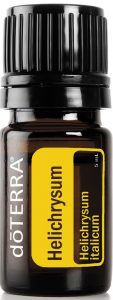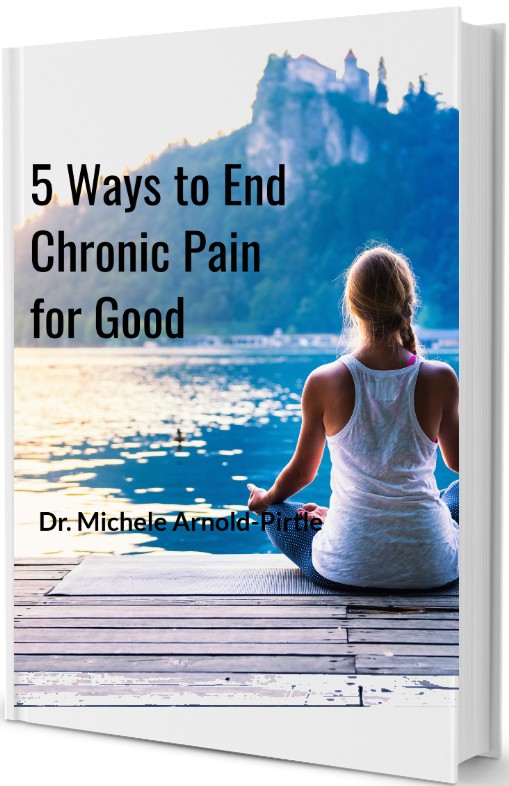Be ready with a natural sunscreen that doesn’t contain any harsh ingredients. First, here is some information you may need to know.
There are two types of UV (ultraviolet) rays from the sun: UVA and UVB.
UVA rays are primarily responsible for skin damage from excessive sun exposure that can lead to cancer and skin aging.
However, although UVB rays can also cause damage and sunburn, they are necessary for your body to produce its own cancer protective vitamin D via the skin.
Sunlight is by far the optimal way to produce your vitamin D. Blocking UVB rays may inadvertently be increasing your cancer risk by blocking vitamin D absorption. Plus, sunscreen causes cancer through carcinogenic ingredients and SPF protects only against UVB rays.
Extra Virgin Coconut oil has an spf of 10, and blocks 90% of UVB Rays, thus providing 90% of its Vitamin D synthesizing abilities.
So, now are you ready for my recipe that I use for a natural sunblock?
1/2 C olive oil
1/4 Cup extra virgin coconut oil
2 Tbsp. cocoa butter
2Tbsp. Zinc oxide
Essential Oils: 12 drops helichrysum, 3 drops arborvitae, 10 drops lavender, 5 drops melaleuca.
Place all ingredients, except the zinc oxide and essential oils, into a double boiler or water bath on the stove top.
Heat and mix gently, stirring together all ingredients as they melt. Once melted and mixed together, remove from heat then add zinc oxide and essential oils. Mix together. Let cool completely. Pour into a clean glass jar, and store in a cool place.
Apply to your skin before going out into the sun, and reapply every hour during your time outdoors. Don’t forget to reapply after a swim.
Care should always be taken when sunbathing to avoid a sunburn. If you burn easily, know your threshold for time in the sun before burning.
Olive oil has one of the highest ratings for ultraviolet radiation absorption, but is not a sunblock. The zinc oxide is added to provide further sunblock.
It’s also a good idea to wear sunglasses, a hat, and avoid direct sunlight during the middle of the day. This is from about 10 am to 3 pm.
Remember that citrus oils such as lemon, wild orange, lime, or bergamot may increase photo-sensitivity. Therefore, don’t apply these oils to the skin at least 24 hours before going out into the sun.
Happy Oiling!
Enjoy from Dr. Michele
Learn more about doTERRA Oils Click Here 
Disclaimer: This information has not been evaluated by the FDA. The products and methods recommended are not intended to treat, diagnose, cure, or prevent illness or disease. Please consult with a licensed health professional to address specific health concerns you might have.
References
Kaur, Chanchal Deep, and Swarnlata Saraf. “In Vitro Sun Protection Factor Determination of Herbal Oils Used in Cosmetics.” Pharmacognosy Research 2.1 (2010): 22–25. PMC. Web. 10 June 2017. Retrieved from: https://www.ncbi.nlm.nih.gov/pmc/articles/PMC3140123/
Korać, Radava R., and Kapil M. Khambholja. “Potential of Herbs in Skin Protection from Ultraviolet Radiation.” Pharmacognosy Reviews 5.10 (2011): 164–173. PMC. Web. 10 June 2017. Retrieved from https://www.ncbi.nlm.nih.gov/pmc/articles/PMC3263051/


